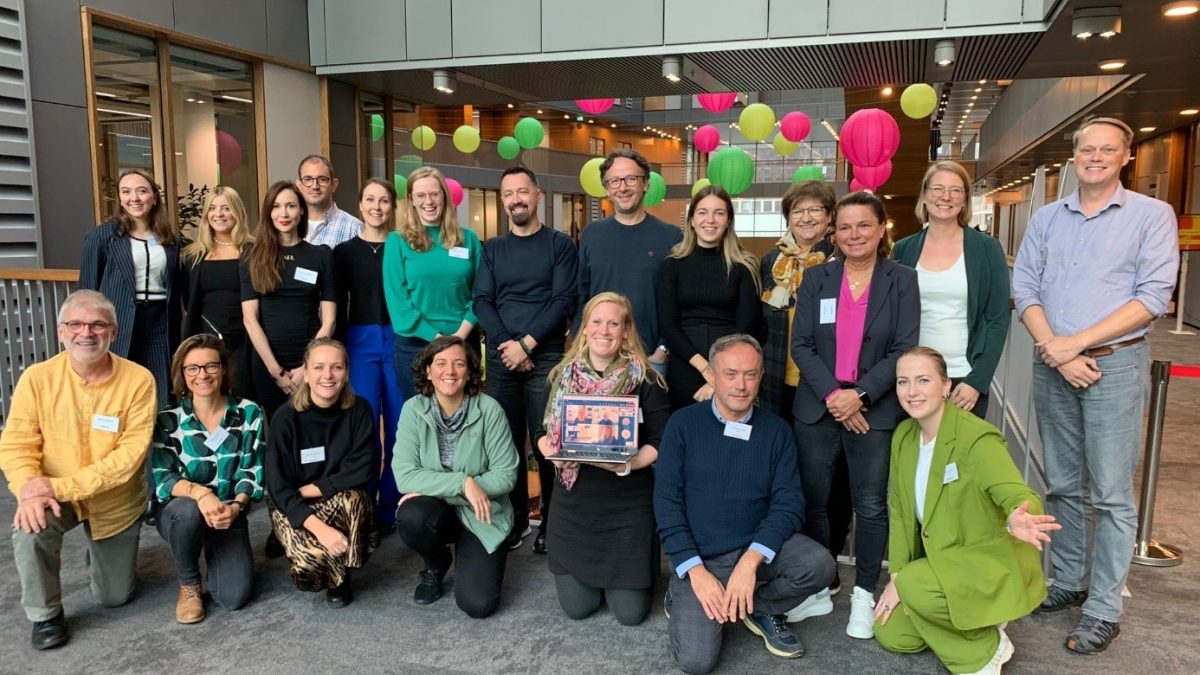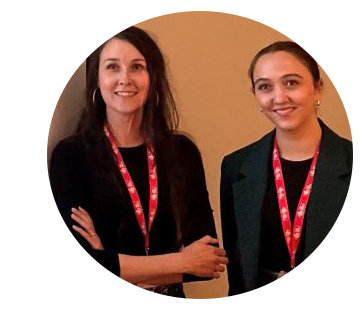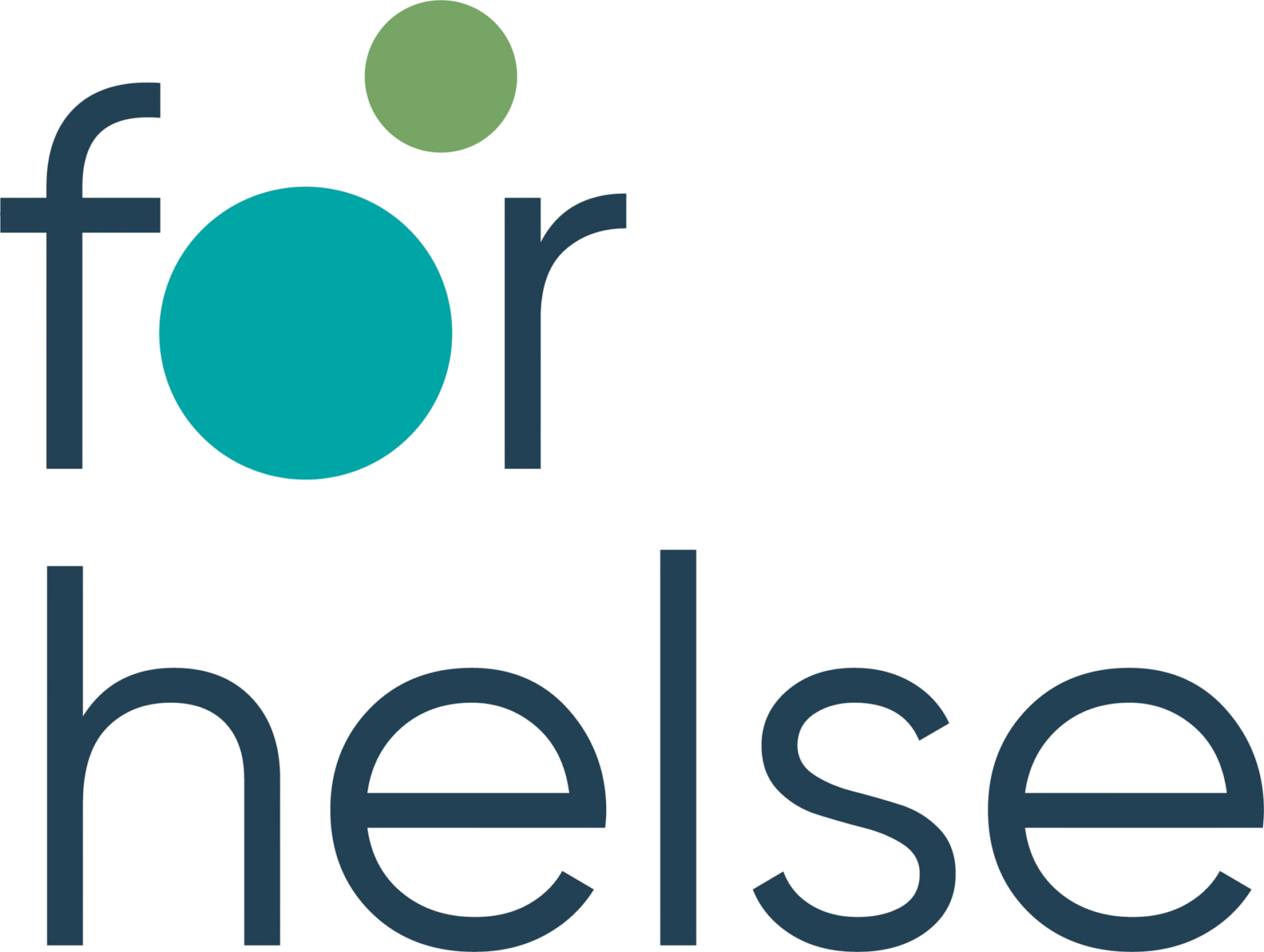PIECES tailors digital tools in cancer prevention

On 2 and 3 November, UMC Amsterdam and Trimbos organized a workshop for the partners in the PIECES Project, with participants from different nations. The agenda for the workshop was to test and design an advanced implementation tool for primary cancer prevention (PCP-IT).
The project has now reached a milestone
The workshop marked a significant milestone in the ongoing efforts of the PIECES consortium. Our goal is to reduce the global burden of cancer by implementing behavioural change tools regarding six cancer risk factors. The risk factors are: tobacco smoking and exposure to secondhand smoke, unhealthy diet, little physical activity, alcohol consumption, UV exposure and infection with human papilloma virus (HPV).
The main focus of the meeting was on testing and improving the PCP-IT tool’s ability to streamline the process of selecting and adapting existing evidence-based cancer prevention programmes, adapted to specific local environments and populations.
The tool will have a wide application in cancer prevention
Examples of the application of PCP IT tools are Volkswagen, which will implement a change behaviour for its employees, partners in the EU want tools for initiating smoking cessation campaigns, the NHS in Scotland (Scotland’s national health information services) wants to reduce secondhand smoke, and Australia wants to adopt an app that leads to increased use of sunscreen.

Tailor-made and effective tools
ThePCP-IT tool has the potential to be a transformational resource in the field, as it helps stakeholders identify changes from previously used prevention programmes (both online and offline), and also adapt to the unique environments in which the tool will be implemented. This critical step lays the foundation for tailored and effective strategies in cancer prevention.
In the Amsterdam workshop, two new modules in the implementation tool were piloted. The work used cases and examples of existing interventions that address risk factors for cancer. This helped test the tool’s usability.

Haukeland University Hospital is developing a repository
Researcher and project manager Robin Kenter and research consultant Hanne Karoline Hinderaker participated from Haukeland University Hospital. The hospital is responsible for developing a repository of factors influencing the implementation of the cancer prevention programme. The repository will be available through the PCP-IT implementation tool.
Haukeland University Hospital is one of 14 partners in the PIECES Project. PIECES is funded by the European Union and is due for completion in 2027.
